
Diuretic foods are foods that have the ability to expel excess fluids from the body through urination. Sometimes, when excess fluid is stored in the tissues, it can lead to complications like edema, but if too much fluid is lost, it can lead to dehydration, mineral deficiency and electrolyte imbalance.
About diuretics
Because the water is absolutely necessary for the body, it is stored in the tissues so it can be used. However, sometimes too much water is stored, and it is called water retention. The role of diuretics is to help the body expel excess fluid, sodium and electrolytes. They work by reducing the amount of salt and water that are re-absorbed by the kidneys.
There are medications that can be prescribed or purchased over the counter which have diuretic properties and provide great relief for people who suffer from water retention. They are usually prescribed to those who suffer from kidney and liver disorders, hypertension, diabetes and congestive heart disorders.
There are also foods and beverages that have the same effect, although slightly less concentrated. Such foods are suitable for those who need to eliminate excess fluid from the body, but they should be avoided in great quantities by healthy people, as they can cause dehydration and complications related to it.
Diuretic foods and beverages
Some of the foods are known for their moderate or high diuretic action. Such foods include parsley, celery seed, dandelion, lettuce, cabbage, artichokes, asparagus, melon, nettle, carrots, beets, eggplant, garlic, oats, watercress, fennel, tomatoes, ginger, onions, celery, horseradish and corn silk.
Some beverages have strong diuretic properties as well. This especially goes for beverages containing caffeine, like black tea, green tea, coffee, sodas, especially coke, but also for apple cider vinegar, lemonade, cranberry juice and dandelion tea.
On the other hand, foods and beverages that have a high sugar or sodium content are known for locking the fluids inside the tissues, so it is recommended to keep score on both of these food types so their consumption can be balanced appropriately.
As for the notion that diuretics promote weight loss, it is only true to some extent. Of course, when the excess fluid is expelled, some weight will be lost, but that weight can be regained very quickly, and in addition, diuretic foods or medications do not promote fat burning.
It is important to be careful with diuretics and diuretic foods, because if they are used too much or over a long period of time, they can cause significant damage to the health.


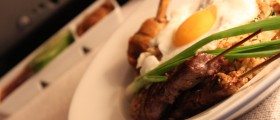
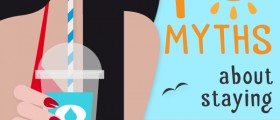
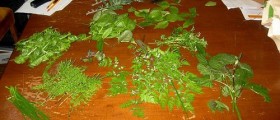
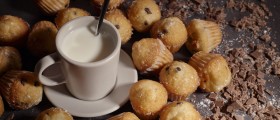
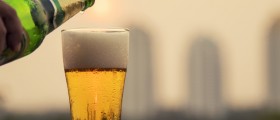
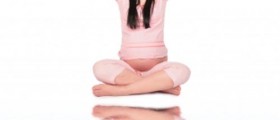
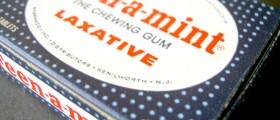
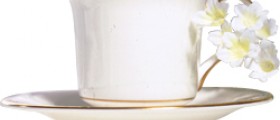
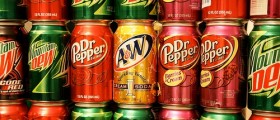
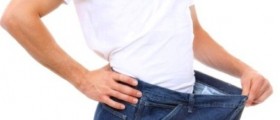
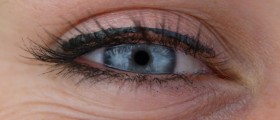
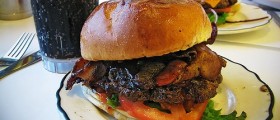
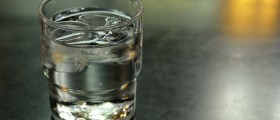
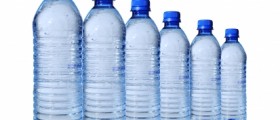
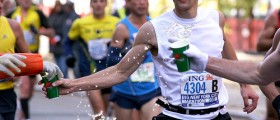
Your thoughts on this
Loading...